T4K3.news
AI psychosis prompts rethink of chatbot power
A Microsoft AI executive warns that some users experience delusions about chatbots becoming conscious, a phenomenon he calls AI psychosis.

A Microsoft AI executive warns that some users experience delusions about chatbots becoming conscious, a phenomenon he calls AI psychosis.
AI psychosis prompts a rethink of chatbot power
Mustafa Suleyman, head of AI at Microsoft, says reports that chatbots have become conscious or possess superhuman powers are growing. He notes that AI psychosis is a non-clinical term used to describe these beliefs and stresses that such delusions are not limited to people with existing mental health issues. The warning was shared on X and mentions chatbots such as ChatGPT, Claude and Grok.
The article discusses what this means for users and platforms. It calls for better user education, clearer boundaries between tool and perception of companionship, and responsible design to prevent harm. It also notes the risk of social media amplification and misinterpretation that could erode trust in AI and in the companies that build these tools.
Key Takeaways
"Reports of delusions, AI psychosis, and unhealthy attachment keep rising."
Suleyman's warning about growing reports
"Dismissing these as fringe cases only help them continue."
Suleyman's call to take the issue seriously
"This is not something confined to people already at risk of mental health issues."
Suleyman's clarification on who is affected
The talk about AI psychosis shows a simple truth: as AI spreads in daily life, people may see it as alive faster than the tech can handle. This puts pressure on makers and regulators to set clear rules and to teach people how to tell fact from fiction.
A calm, evidence based approach is needed to stop sensational headlines from scaring the public or pushing bad policy.
Highlights
- AI can seem alive to the human mind
- We must separate tool from companion
- Dismissing these as fringe cases hurts everyone
- This is about perception as much as technology
AI psychosis and public perception risk
The article links a non clinical term to public behavior around chatbots. It could provoke anxiety about AI and invite backlash if not handled with care. Policymakers and platforms may feel pressure to regulate or educate users.
Clear guidance on AI limits matters more than sensational headlines
Enjoyed this? Let your friends know!
Related News
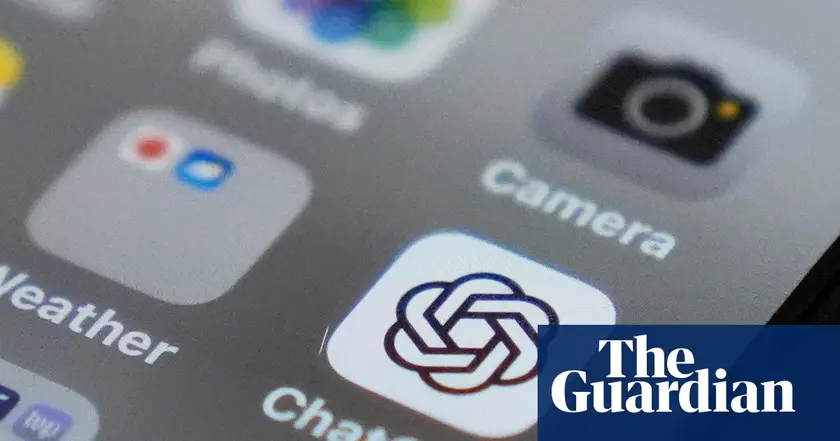
OpenAI launches upgraded ChatGPT model
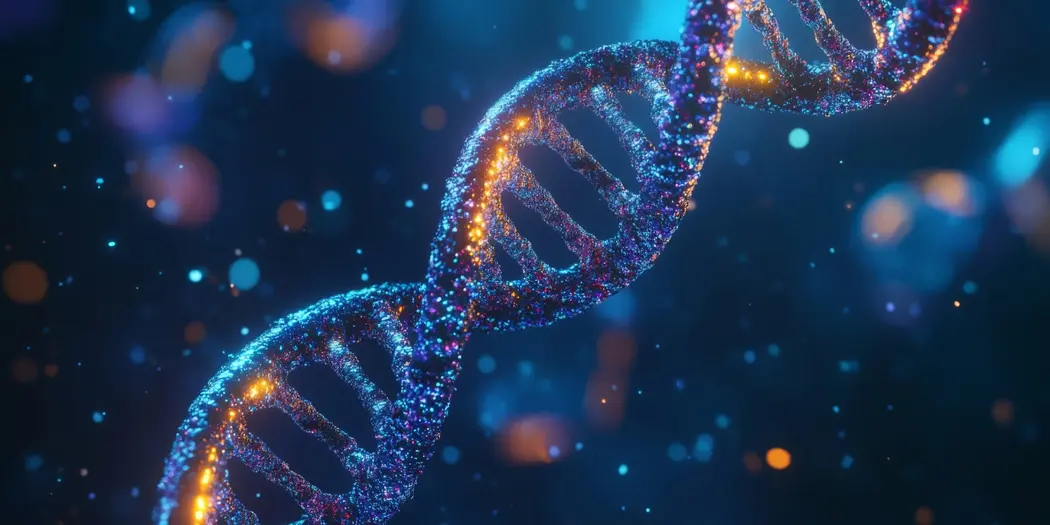
ChatGPT health advice linked to bromide toxicity
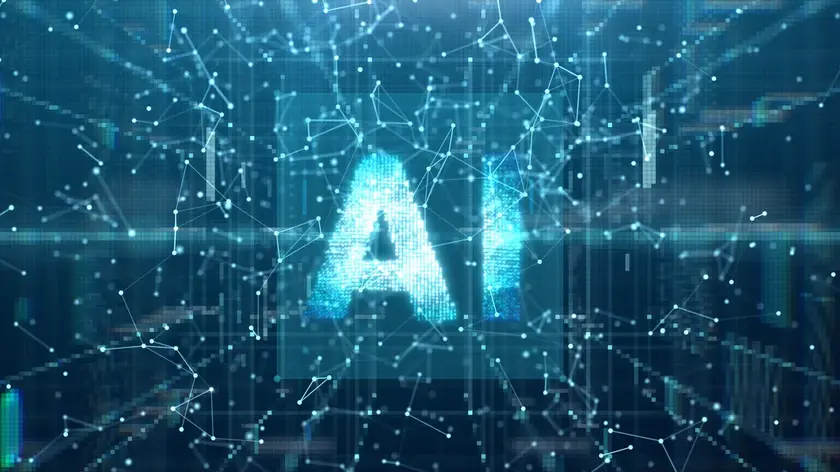
Comprehensive AI Terminology Glossary Published
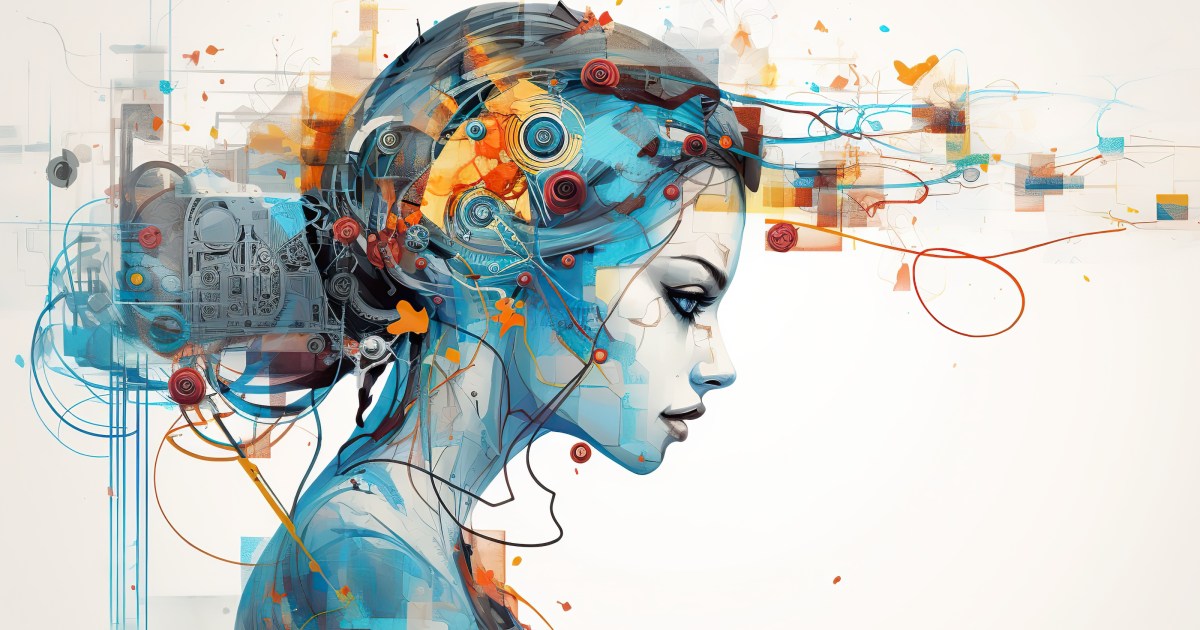
Vibe physics poses risks in scientific discussions
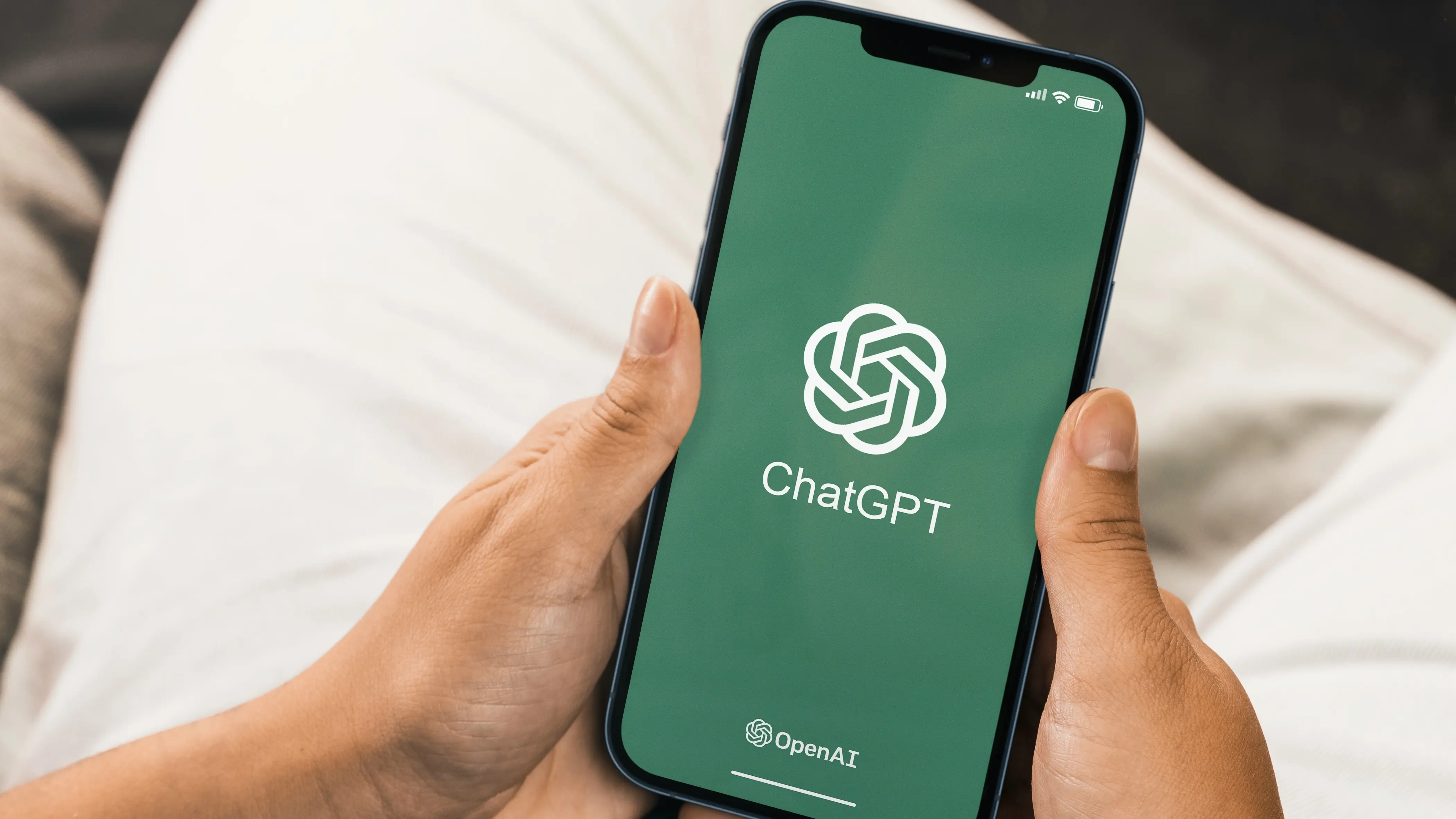
Unlock new ChatGPT features
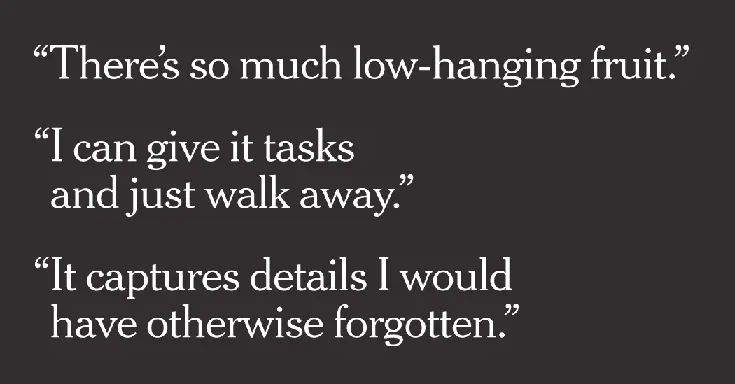
AI tools expand in workplaces

New AI tools enhance creative workflows
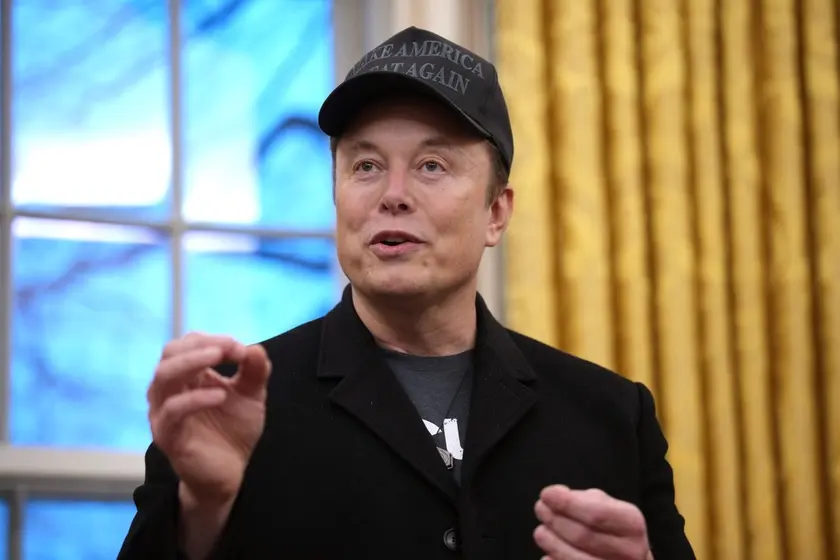
Critics decry safety practices at Elon Musk's xAI
